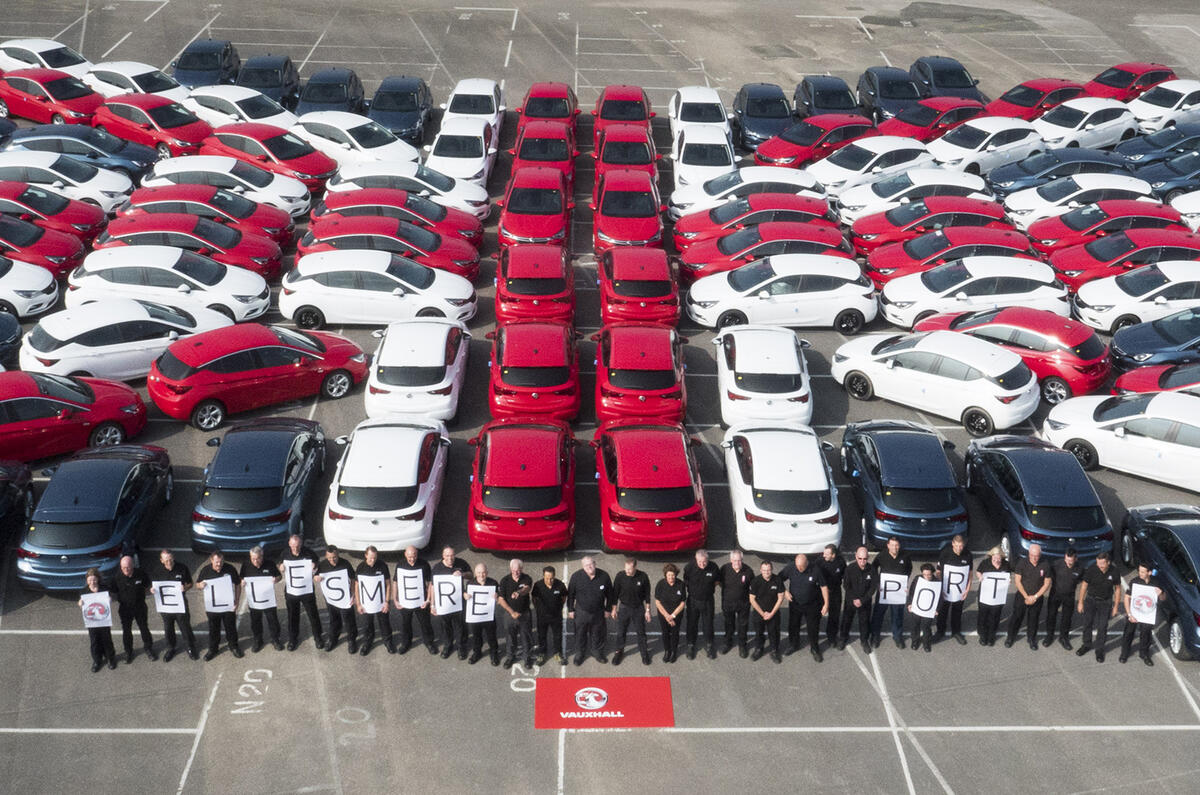It's tempting, in the light of record 2016 figures, to think that concerns for the health of British car manufacturing at the time of the Brexit referendum last June were very much overplayed. Indeed, it is likely several newspapers will try to make that point today.
However, beneath the swelling totals lie undoubted areas of concern. One is the fact that after several years when total car industry investment easily exceeded £2.0billion, the figure for 2016 amounted to £1.6bn. The decline, hardly disastrous, may simply because Ford and JLR made especially extra-large investments during 2015, experts say. But the very fact that company bosses are so often in the news requesting clarity about the future from government ministers puts the lie to that.
Another concern is SMMT chief Mike Hawes' carefully-worded impression that potential investors are very deliberately holding back from making commitments until market conditions become clearer. "We're in a period of uncertainty," Hawes told Autocar this week. "We get the strong sense, anecdotally speaking, that investors are sitting on their hands, making only the decisions that have to be made."
The probability must be that UK car manufacturing is facing harder times than it has experienced in recent years, despite the SMMT's continuing confidence that the all-time manufacturing total from 1972 of 1.92million cars will be beaten before 2020. Uncertainty over Brexit and a scaling up of enticements to global car makers to relocate in rival countries will reduce progress.
Luckily there is a burgeoning world demand for premium models, a UK speciality. And nowadays there are also strong relationships between the UK's government and car industry, forged in recent years, the like of which never existed before, and are envied in other countries. These relationships are about to get a bigger-than-ever chance to prove their worth.








Join the debate
Add your comment
Better the UK,
"In an interview with German newspaper Bild shortly before his inauguration, Trump warned German car maker BMW to call off its plans for a $1 billion plant in Mexico.
“I would tell them, don't waste their time and money, unless they want to sell to other countries,” Trump said. "But I would tell BMW if they think they're gonna build a plant in Mexico and sell cars into the U.S. without a 35 percent tax, it's not gonna happen.”
www.voanews.com/a/ueropean-carmakers-weigh-options-mexico-tax-threats/3695978.html
Bluster
Keep calm and carry on.